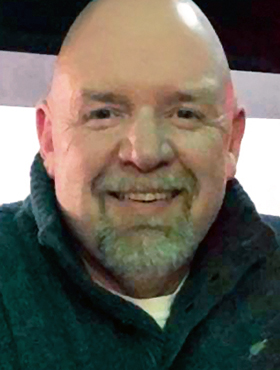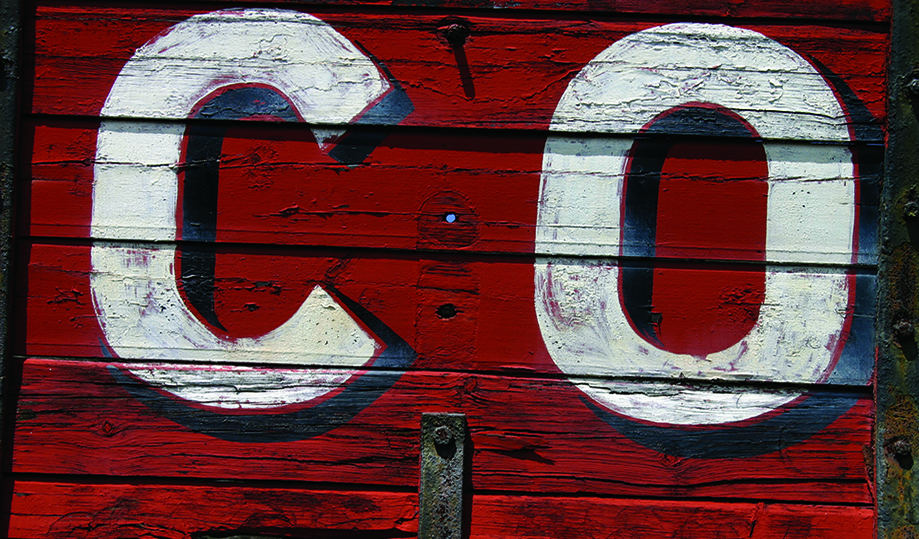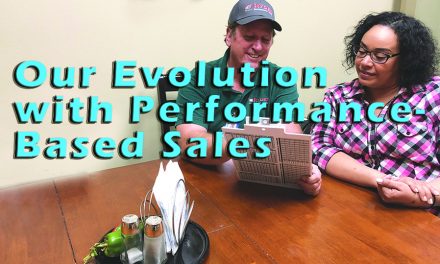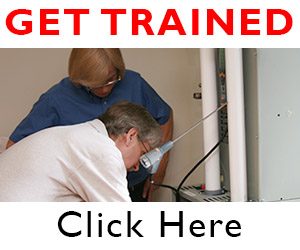When it comes to gas-fired equipment service and repair, it is always incumbent upon HVAC contractors to be aware of, trained in, and ready to resolve potential combustion issues that can lead to carbon monoxide (CO) problems in your customer’s homes.
At T.E. Spall & Son, we are always preparing our team of 30 service and installation technicians on CO safety. However, we ramp up our focus on combustion analysis and CO safety through T.E. Spall University (our in-house training program) in August and September as we head into the heating season.
I like to call that sharpening the ax.

I believe that as a professional in the HVAC industry and a perceived expert in the consumer’s eye, we have a responsibility to know and understand these concepts to ensure the health and safety of the homes and families we serve.
I TAKE THIS EXTREMELY SERIOUSLY.
It All Starts with Training
Being prepared to handle any CO situations we encounter isn’t something that just happens. It takes planning and training. Long ago, our company invested in building our own training facilities. We use them to keep our team current on the basics of combustion and CO safety, on the latest system testing, airflow testing and diagnostics, as well as solutions.
We do regular in-house training as well as bring in National Comfort Institute (NCI) every two years to re-certify our field team.
Our team has been certified as high as 100% throughout our 19 years of training in the High-Performance HVAC method with NCI. We are currently about 30% trained with an upcoming NCI class in our training facility.
The T.E. Spall University facilities include a fundamentals lab, a “live-fire lab,” plus a classroom with a Smart TV. We use this space every week — typically three to four training days per week. We do both live and virtual meetings from there.
The live-fire lab has newer modern equipment, including two basic HVAC systems, a geothermal system, a combi-boiler system, and an inverter system.
In addition to technical training, we also ensure our dispatchers and front office people know how to handle emergency calls regarding a potential CO issue. We typically provide them training and awareness via our weekly service department meetings.
We instruct our customer service representatives (CSRs) to inform customers whose CO detectors or monitors are going off to open the windows, exit the house, and call 911 if necessary. Then we send a service technician to assess the situation.
Our local fire department will recommend us in many instances when CO alarms go off for inconclusive reasons, according to their findings.
The Importance of Process
Another thing we do is make sure our team follows the processes and guidelines that we’ve set up. We’ve made combustion analysis testing part of every maintenance and demand service call. Plus, our managers meet with the service and installation teams each week to discuss any CO encounters from the past seven days and discuss best practices used during those events.
Furthermore, we include combustion testing and analysis as part of our service agreement program. We currently have 1600 service agreement customers. It is also important to note that training on our processes is continuous.
Click Below for the Next Page:













Recent Comments